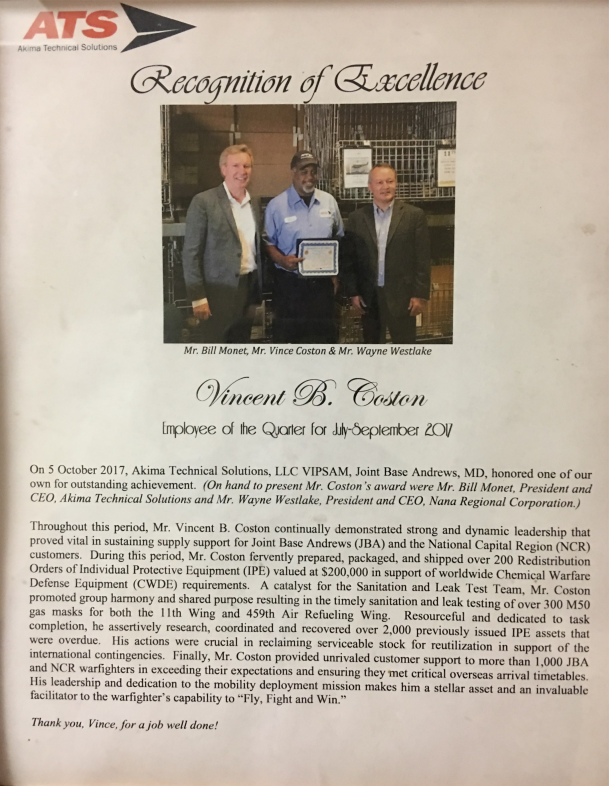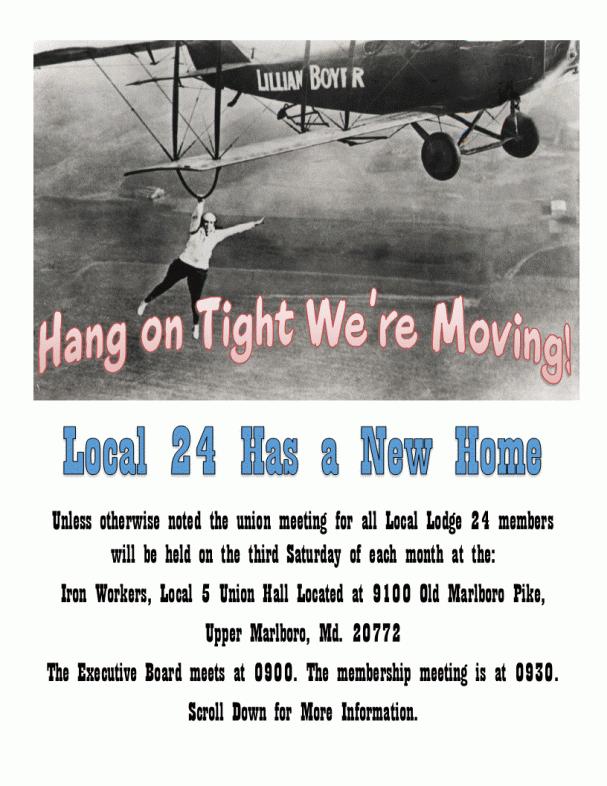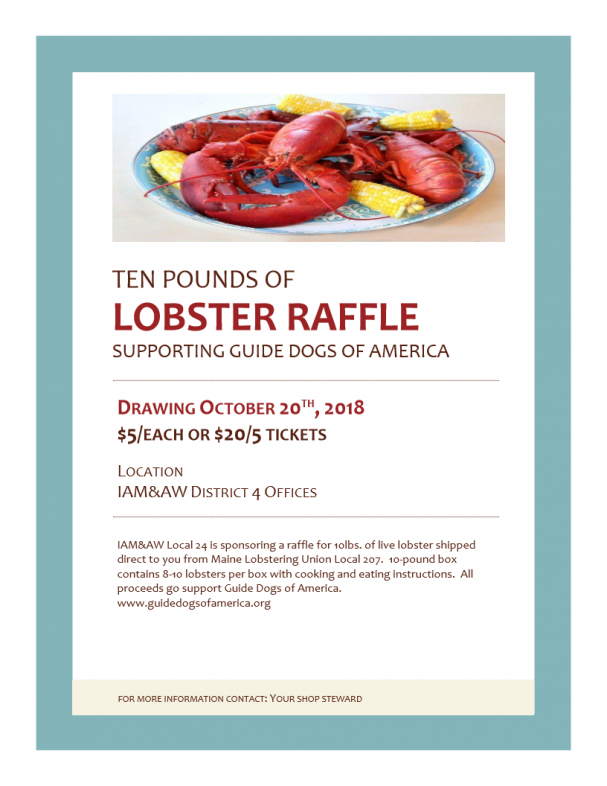
Category Archives: Uncategorized
20 June 2018 Important News, E-Board Shuffle
As of 20 June 2018, the E-board was forced into a bad situation which necessitated a shuffling of the E-Board members. Sarah Geddes resigned her position as Secretary Treasurer creating a void on the E-Board which had to be filled. As a result Jason Ghast resigned his position as Vice President, and was appointed by the President of our Local Lodge, to the position of Secretary Treasure, Charles Yonkers was appointed Vice President.
To Recap and Reinforce:
Charles Yonkers is now Vice President of our Local Lodge 24
Jason Ghast is now Secretary Treasurer of our Local Lodge 24
Sarah Geddes has resigned her position and is No longer of Secretary Treasurer of Local Lodge 24.
The Local Lodge 24 E-Board Gallery Page will be Updated soon to reflect this Shuffle.
Mr Alvin B. Parkins of Akima, Local 24.
Alas, Mr. Alvin B. Perkins laid to rest.
5 June 2018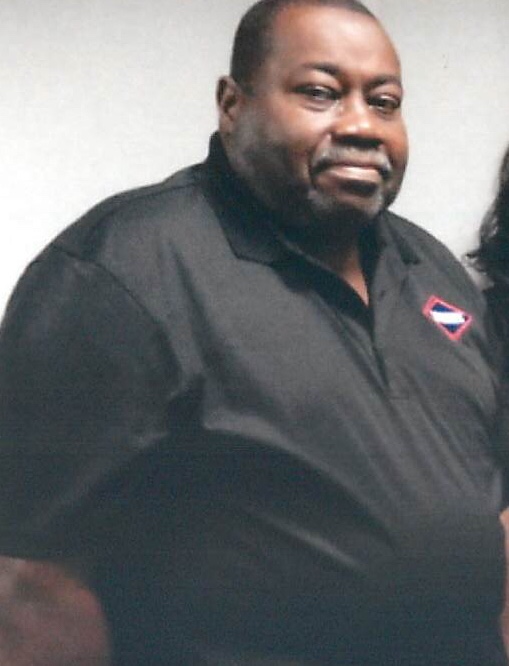
As time goes by, and the work force ages for Local 24, it is with great sadness that we must announce the Passing of Mr. Alvin B. Parkins, who worked for LOGMET.
April 21st Meeting, A New Shop Steward
On April 21st of the year 2018, A New Shop Steward was sworn in as the 3rd and final Shop Steward for the Flight Line/ISO Dock branch. This Shop Steward lives on Swing Shift, Flight Line and helps to fill out the Stewards. Currently there are 2 Shop Stewards on Mid Shift, and now one on Swing Shift!
Three Huzzah’s!!!
For “Chris” Nasr, as the new shop steward on Swing Shift.

Newly installed Flight Line Shop Steward, “Chris” Nasr
Chris’s full Name is Munir Christopher Nasr, but he prefers Chris, althought the Communicator thinks his “real” first name Munir is pretty cool. Chris had been attending the Monthly Union meetings with the intent to become more actively involved, and had been inquiring about being a Shop Steward, knowing full well there was a need and an opening for a third steward. So on April 21st Chris was asked if he was interested in becoming a Shop Steward and he volunteered for the position. The “E-Board” appointed him on the spot and Rick Compher, our Union Business representative Swore him in immediately.
Welcome to the “Party”!
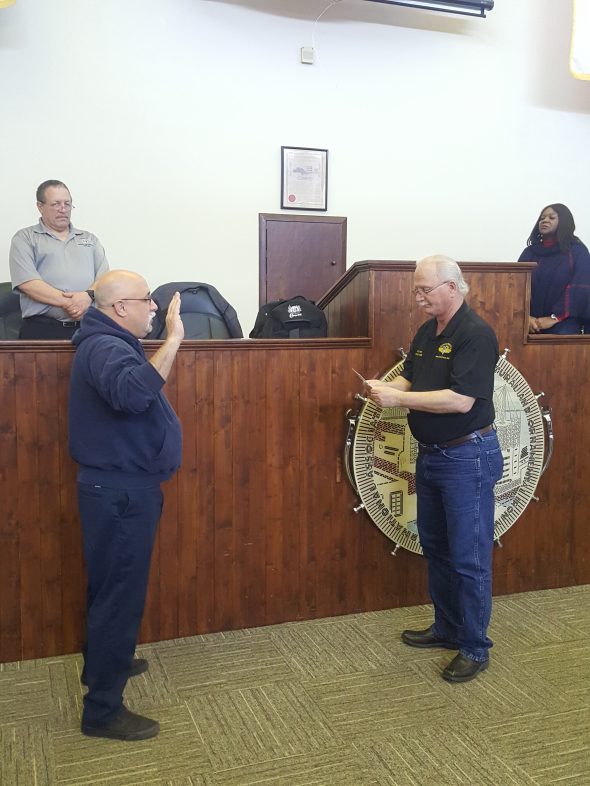
Rick Compher swearing “Chris” Nasr in as our 3rd Shop Steward, Swing Shift
Wreaths Across America 2017
In December of last year, Local Lodge 24 was in invited to participate in laying wreaths at Arlington National Cemetery to remember fallen veterans and honor those who have served. There is also an article on IAM’s website, here is the link: https://www.goiam.org/news/machinists-honor-military-wreaths-across-america-day/
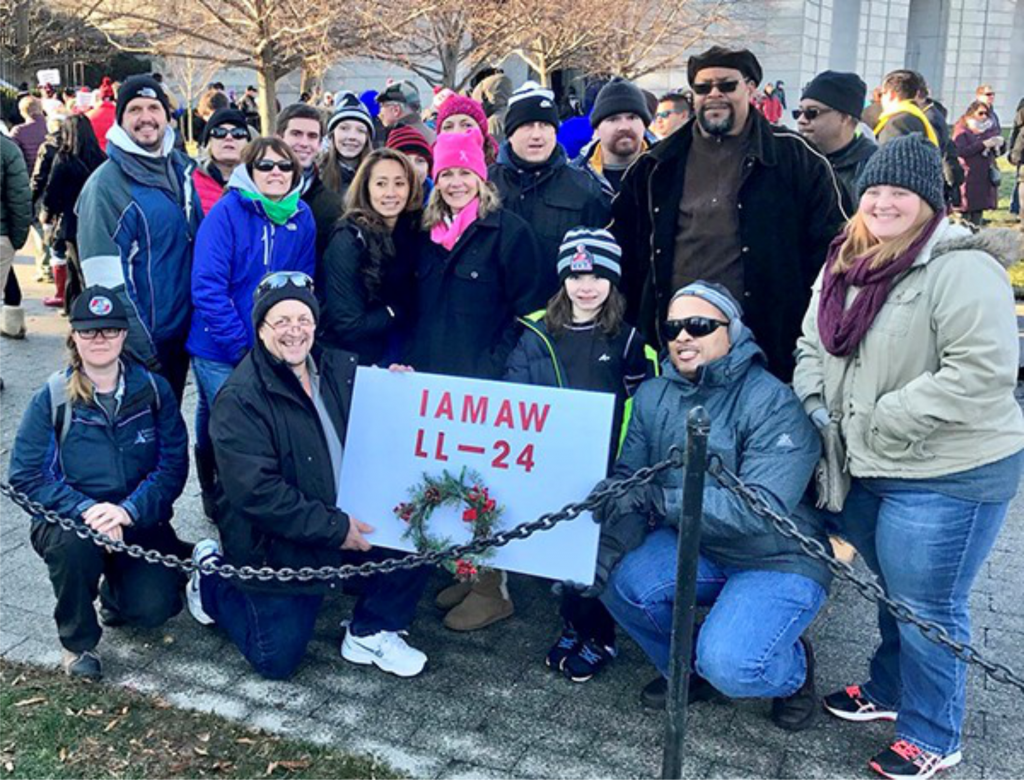
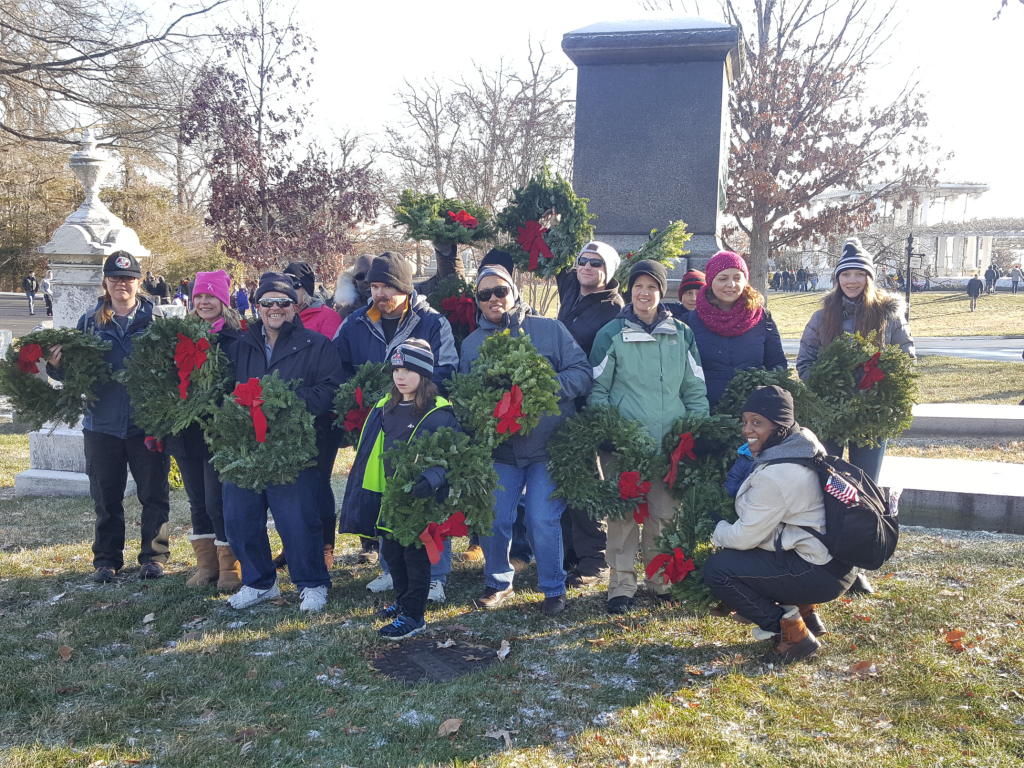
New Years
HAPPY NEW year to all of our Membership.
Have a Safe and Happy,
NEW YEARS celebration!
This new year 2018, starts fresh, always a new Beginning, bringing all of us surprising things and unexpected turns. Please stay tuned to the website, the communicator hopes to improve this site and be a little more imaginative with both the day to day things, and hopefully a little better about the Holidays to come in 2018.

Family Losses
Today, 6 December 2017, The Brothers and Sisters of Local Lodge 24 have 2 members, who work in Transiet Alert, that have suffered a family loss. Brother Tino Mcyntire’s wife passed away, and Paul Muentes’s father has passed away. For both families the Brothers and Sisters of Local Lodge 24 feel very sorry for their losses and give their deepest and most sincere Condolences.
Brother Tino Mcyntire…
Brother Paul Muentes…
Your Families are in our Hearts and Prayers.
A Thank You card from the Coney Family
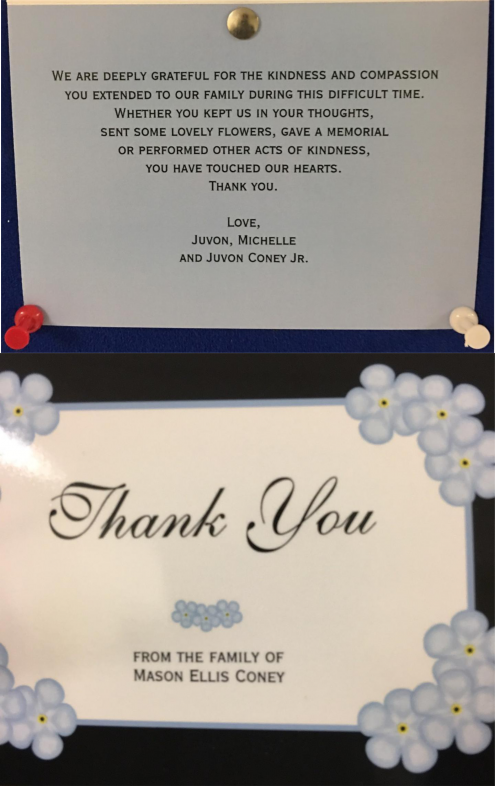
Vincent B. Coston Award
